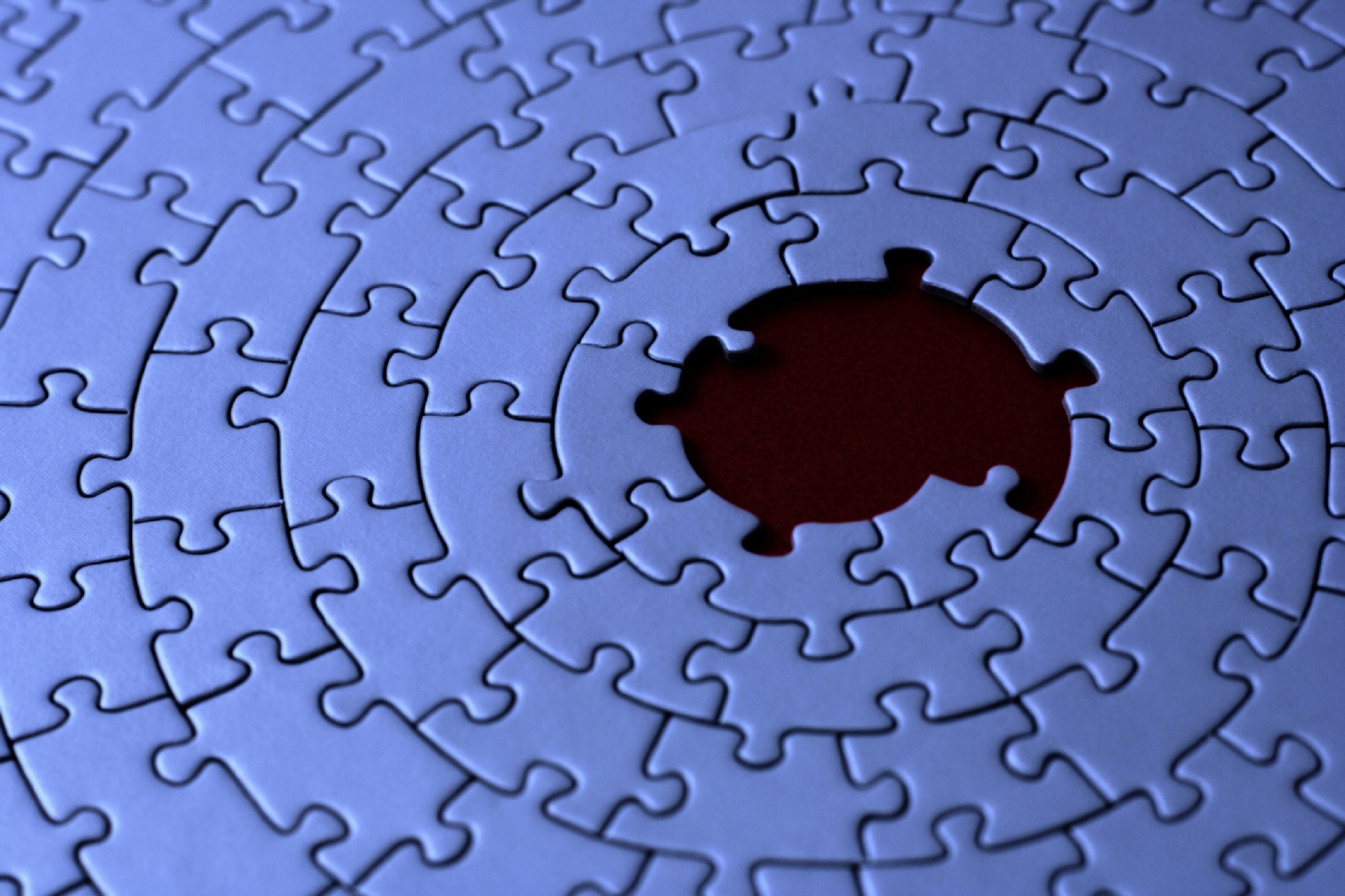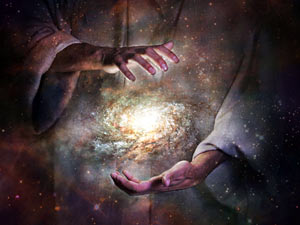With life, comes spirit:
For millions of years, before there was life, there was just God and a barren universe.
“You felt all alone?”
Yes, I wanted more. In retrospect, the inanimate years feel very lonely. The emergence of life is a delight. With life, spirit comes into play.
Wonderful to see amoeba, moss, and so forth. The frogs (and other creatures), each with a soul and personality, each in a sense in tune with God. I can play with the animals, “walk among them.” I love their myriad forms. I am not alone anymore.
The creatures that began to stir on the earth are amazing, more amazing than anything that had yet occurred in creation.
They move on their own, they have “internal principles of motion” as Aristotle said, have dramatic lives—even the worms and fishes.
There is birth, growth, death, mating, offspring, colonies and flocks, emergent social orders—ideality as well. There is telos and purpose, success and failure, standards of perfection and imperfection.
And, over time, further developments in the species, a most amazing, creative ramifying of the evolutionary ladder.
New species emerge that could not have been imagined before. Your paleontology tells the story: the first horses could easily fit into the palm of a hand, and so forth. Can you imagine the spectacle?
“Yes, I think I can.”
God: An Autobiography, As Told to a Philosopher – is the true story of a philosopher’s conversations with God. Dr. Jerry L. Martin, a lifelong agnostic. Dr. Martin served as head of the National Endowment for the Humanities and the University of Colorado philosophy department, is the founding chairman of the Theology Without Walls group at AAR, and editor of Theology Without Walls: The Transreligious Imperative. Dr. Martin’s work has prepared him to become a serious reporter of God’s narrative, experiences, evolution, and autobiography. In addition to scholarly publications, Dr. Martin has testified before Congress on educational policy. He has appeared on “World News Tonight,” and other television news programs.
________
Listen to this on God: An Autobiography, The Podcast– the dramatic adaptation and continuing discussion of the book God: An Autobiography, As Told To A Philosopher by Jerry L. Martin.
He was a lifelong agnostic, but one day he had an occasion to pray. To his vast surprise, God answered- in words. Being a philosopher, he had a lot of questions, and God had a lot to tell him.






